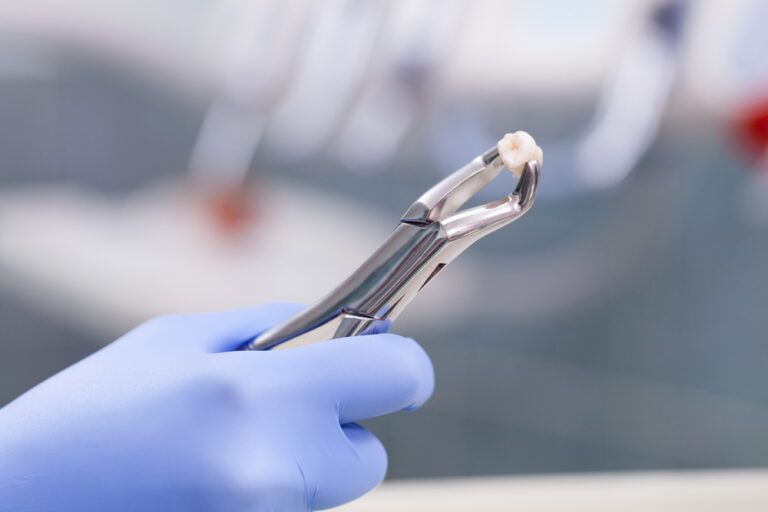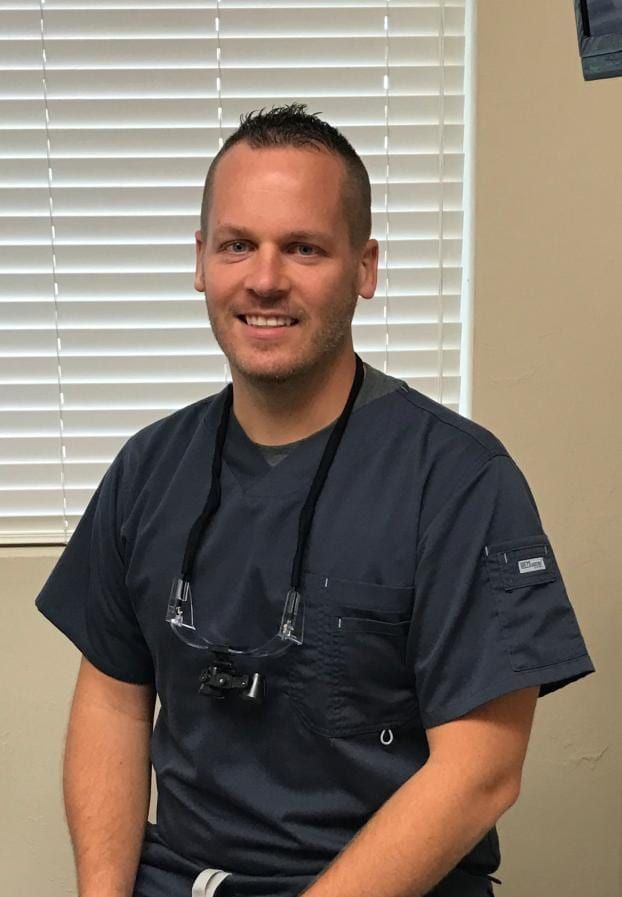Tooth extraction can seem daunting, but the process can be much less stressful with proper preparation and understanding. At McCartney Dental in North Port, FL, Dr. Jonathan McCartney prioritizes patient education and comfort, ensuring you’re fully informed and prepared for your procedure. This guide demystifies tooth extractions, providing essential insights to help you prepare for and recover from this standard dental procedure.
Understanding the Need for Tooth Extractions
Tooth extractions are performed for various reasons, including severe decay, advanced periodontal disease, tooth infection, and overcrowding. Sometimes, a tooth may be extracted to make way for orthodontic treatment. Dr. McCartney emphasizes the importance of considering tooth extraction as a last resort, after exploring all other options to save the tooth.
Preparing for Your Tooth Extraction
1. Consultation and Evaluation
The first step involves a thorough examination, including X-rays, to assess the condition of your tooth and surrounding bone structure. Dr. McCartney will discuss the findings with you, explain the reasons for the extraction, and outline the procedure and anesthesia options.
2. Discussing Anesthesia and Sedation Options
Depending on the complexity of the extraction and your level of anxiety, various forms of anesthesia and sedation may be offered. Dr. McCartney will recommend the most appropriate option to ensure your comfort throughout the procedure.
3. Pre-Procedure Instructions
You’ll receive detailed instructions to prepare for the extraction day, which may include fasting if sedation is planned, arranging for transportation, and managing medications.
The Tooth Extraction Process
While the thought of having a tooth extracted can be intimidating, understanding the process can help alleviate anxiety. The procedure typically involves:
- Numbing the Area: Local anesthesia is applied to numb the tooth and surrounding tissues.
- The Extraction: Specialized tools are used to loosen and remove the tooth gently. Dr. McCartney employs techniques to minimize discomfort and preserve as much bone and gum tissue as possible.
- Immediate Aftercare: Once the tooth is removed, gauze is placed over the extraction site to control bleeding and promote clot formation.
Aftercare and Recovery
Recovery is a crucial part of the tooth extraction process. Dr. McCartney provides comprehensive aftercare instructions to ensure a smooth recovery, including:
- Bite on Gauze: To control bleeding and help a clot to form in the tooth socket.
- Pain Management: Over-the-counter or prescription pain relievers may be recommended to manage discomfort.
- Diet: Stick to soft foods and avoid hot liquids and alcoholic beverages for the first 24 hours.
- Oral Hygiene: Gentle rinsing with salt water is usually advised after the first 24 hours, avoiding the direct brushing of the extraction site initially.
- Activity: Rest is recommended immediately following the procedure, with a gradual return to normal activities as comfort allows.
Long-Term Considerations After Tooth Extraction
Dr. McCartney will discuss options for replacing the extracted tooth, such as dental implants, bridges, or dentures, to restore functionality and aesthetics to your smile. Maintaining regular dental check-ups and good oral hygiene practices is essential for preventing future extractions and maintaining overall oral health.
Embracing a Positive Outlook on Tooth Extractions
Understanding that tooth extraction is a step towards resolving pain and preventing further dental issues can help transform anxiety into a positive outlook. Dr. Jonathan McCartney and his team at McCartney Dental are committed to providing a compassionate, supportive environment, ensuring that your experience is as comfortable and stress-free as possible.
Sources:
- American Dental Association (ADA): Offers guidelines and educational resources on tooth extractions and post-procedure care.
- Journal of Oral and Maxillofacial Surgery: Provides clinical research on the techniques and outcomes of tooth extractions.
- International Journal of Dentistry: Features studies on patient experiences and recovery following dental extractions.


